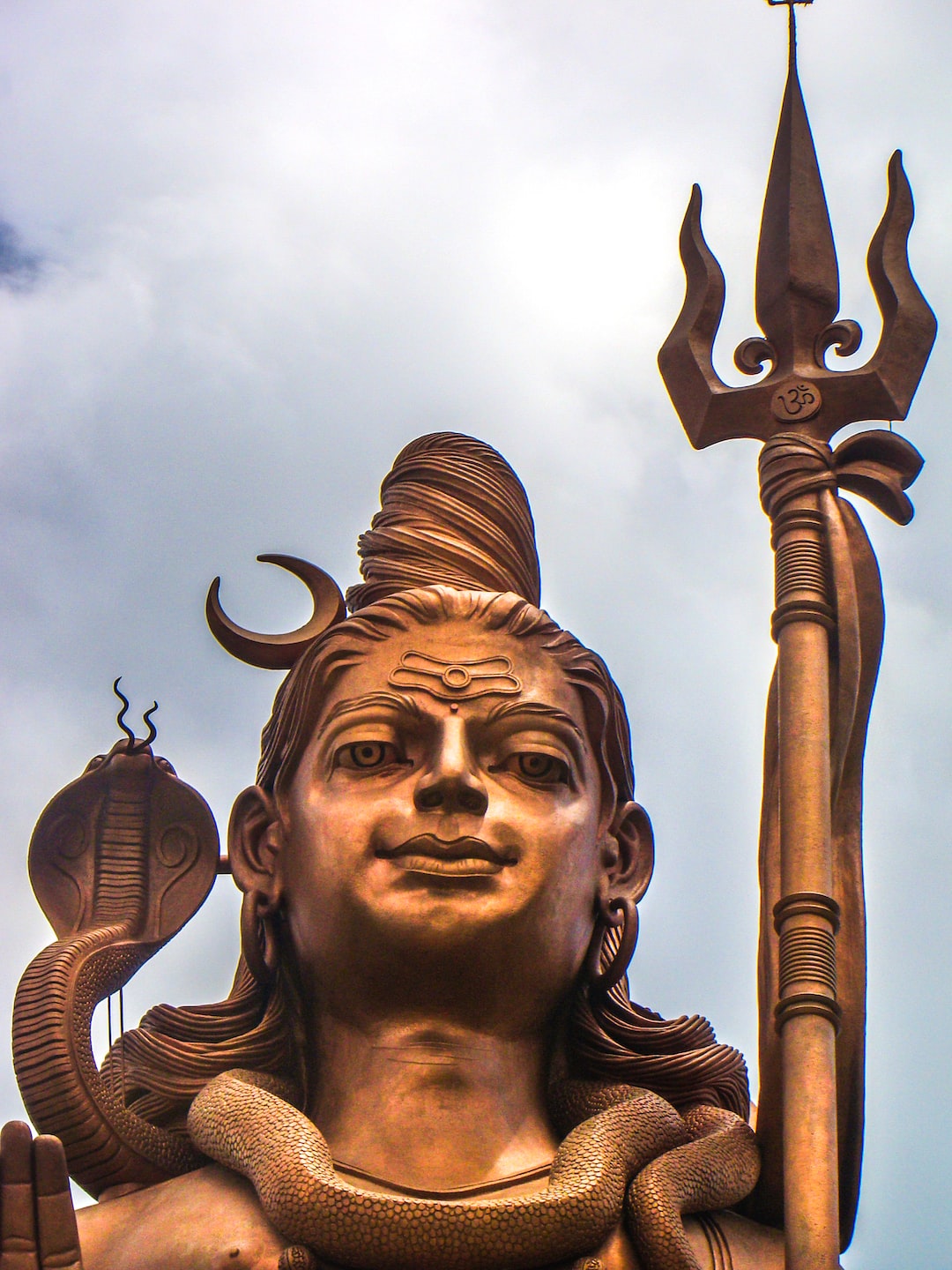Prayer is an integral part of various religions, serving as a means of communication between individuals and their divine beings. It is a powerful tool that transcends cultural and linguistic boundaries. Although the methods and purposes of prayer differ across different religions, its significance is universally recognized. Let us delve into the importance of prayer in different religions, and how these practices promote spiritual growth and connection with the divine.
In Christianity, prayer is considered a fundamental aspect of one’s relationship with God. It is believed to strengthen faith, provide guidance, and foster a deeper connection with a higher power. Christians often pray individually or in groups, whether in churches or during personal reflection. The Lord’s Prayer, one of the most widely recognized Christian prayers, exemplifies the essential themes of honoring God, seeking forgiveness, and expressing gratitude. Through prayer, Christians find solace in times of distress, express their gratitude for blessings, and seek divine intervention in their lives.
Islam, the world’s second-largest religion, places great emphasis on prayer. Muslims are required to offer five daily prayers, known as Salah, which serve as a direct communication channel with Allah. These prayers are performed at specific times throughout the day, fostering discipline and mindfulness. Muslims believe that through prayer, they demonstrate their devotion to Allah, seek his forgiveness, and ask for guidance in their lives. The act of facing the Kaaba in Mecca during prayer is symbolic of unity and submission to Allah’s greater plan.
Hinduism, one of the oldest religions in the world, embraces a rich tapestry of prayer practices. Prayers can be performed individually or in temples, and often involve the use of mantras and hymns. Hinduism recognizes that prayer is a deeply personal experience that helps individuals find harmony within themselves and with the universe. It is a means of expressing gratitude, seeking blessings, and visualizing positive outcomes. Hindu prayers often involve the use of sacred objects, such as incense, flowers, and lamps, as a way to engage the senses and connect with the divine.
Buddhism focuses on mindfulness and meditation as forms of prayer. Buddhist prayers often involve deep reflection, seeking to cultivate compassion, wisdom, and enlightenment. Monks and practitioners may recite sutras, chant mantras, or engage in silent meditation as a way to connect with their inner selves and attain a state of spiritual awakening. Buddhist prayer beads, known as malas, are used as aids in concentration and counting recitations. Through prayer, Buddhists strive to develop inner peace, detach from worldly desires, and attain a deeper level of consciousness.
Judaism, one of the oldest monotheistic religions, places great emphasis on prayer as a form of worship and connection with God. Jews pray multiple times a day, following a prescribed order of blessings and readings from the Torah. The Shema, a central Jewish prayer, affirms the belief in one God and the importance of love and devotion to Him. Prayer is seen as an opportunity for self-reflection, repentance, and expressing gratitude for God’s blessings. It also serves as a tool for seeking guidance and asking for forgiveness.
While the specific practices and rituals of prayer may differ among religions, they all share a common purpose – to establish a spiritual connection with a higher power, seek guidance, express gratitude, and find solace during challenging times. Prayer is a powerful tool that transcends cultural differences, reminding us of our shared humanity and our innate desire to connect with something greater than ourselves.
In a world full of uncertainty and strife, the act of prayer provides a sense of comfort, hope, and renewal. It instills a sense of purpose and meaning in our lives, reminding us that we are part of something greater than ourselves. Regardless of our cultural or religious backgrounds, prayer serves as a universal language of the soul, bridging gaps and fostering unity among individuals of different faiths. It is an essential practice that brings us closer to our divine beings and nourishes our spirits, helping us navigate the intricate tapestry of life with a sense of peace and serenity.

